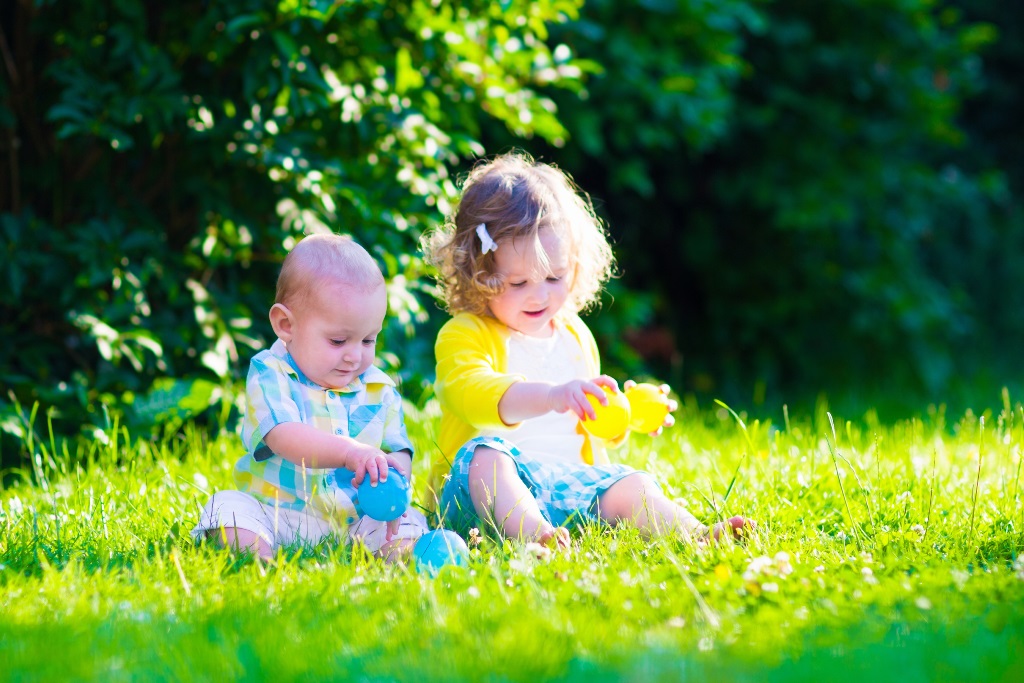- Study Says Most Parents Don’t Use Car Seats In Ride Share Vehicles Like Uber
- This 12-Year-Old Boy Is A Sophomore Aerospace Engineering Major!
- Fire Safety Experts Warn Of Hand Sanitizer Danger After A Mom and Kids Escape House Fire
- Recall Alert: Peaches May Be The Cause Of Salmonella Outbreak, 68 People Ill
- Summer Vacation In The Days Of COVID: Tips To Stay Safe
- How To Safely Grocery Shop During The Coronavirus Pandemic
- Michigan Teen With Vape-Related Illness Undergoes Double Lung Transplant
- Teen Kicks Off Anti-Vaping Campaign From Hospital Bed
- Teenager Receives Life Sentence For Strangling Sister To Death Over A Wi-Fi Password
- Toddler Falls To Death From 11th Deck of Cruise Ship
The Reason Why Parents Should Let Their Children Eat Dirt


Kids have long been urged to wash their hands – but now a pair of UBC microbiologists say let kids get dirty. Their research says bacteria plays a vital role in growing bodies
Your kids don’t need to wash their hands all that often. Before dinner is fine. Soap and water will do — but not antimicrobial soap. Throw it away.
Save the hand sanitizer for times when someone in the house is sick.
If your kids are a bit grubby, don’t worry about it too much. Don’t sterilize baby bottles — washing them normally is fine.
Oh, and get a dog — a friendly, slobbery one is ideal. Extra points if it tracks mud into the house. And if your baby drops its soother on the floor, suck it clean in your own mouth and give it back to them.
It goes against conventional wisdom, which basically holds that the cleaner our environments are, the better — especially for children.
But Brett Finlay, a microbiologist at the University of British Columbia, argues that while the emphasis on hygiene over the last century has saved lives in the past, it has now gone too far.
Children’s immune systems aren’t exposed to a wide enough variety of microbes, and the result is rising rates of asthma and allergies.
“For the last hundred years, both kids and adults have died of infectious diseases,” Finlay says. “If you look at what was killing people 50 years ago, 100 years ago, it was mainly infectious diseases. So as a society we went on a major hygiene campaign.”
Our relationship with microbes is complex, but the basics are simple, Finlay explains: the more your immune system knows, the better the job it does. The more it’s exposed to, the more it knows. And the earlier in life this all happens, the better.
“It’s really important that you get a good microbial exposure early in life,” he says. “In the last five years or so there have just been stunning discoveries that these microbes play a key role in how our bodies develop. They shape how our immune system develops.”
The solution, fortunately, is really simple. Don’t worry about children’s environments being perfectly clean.







0 comments